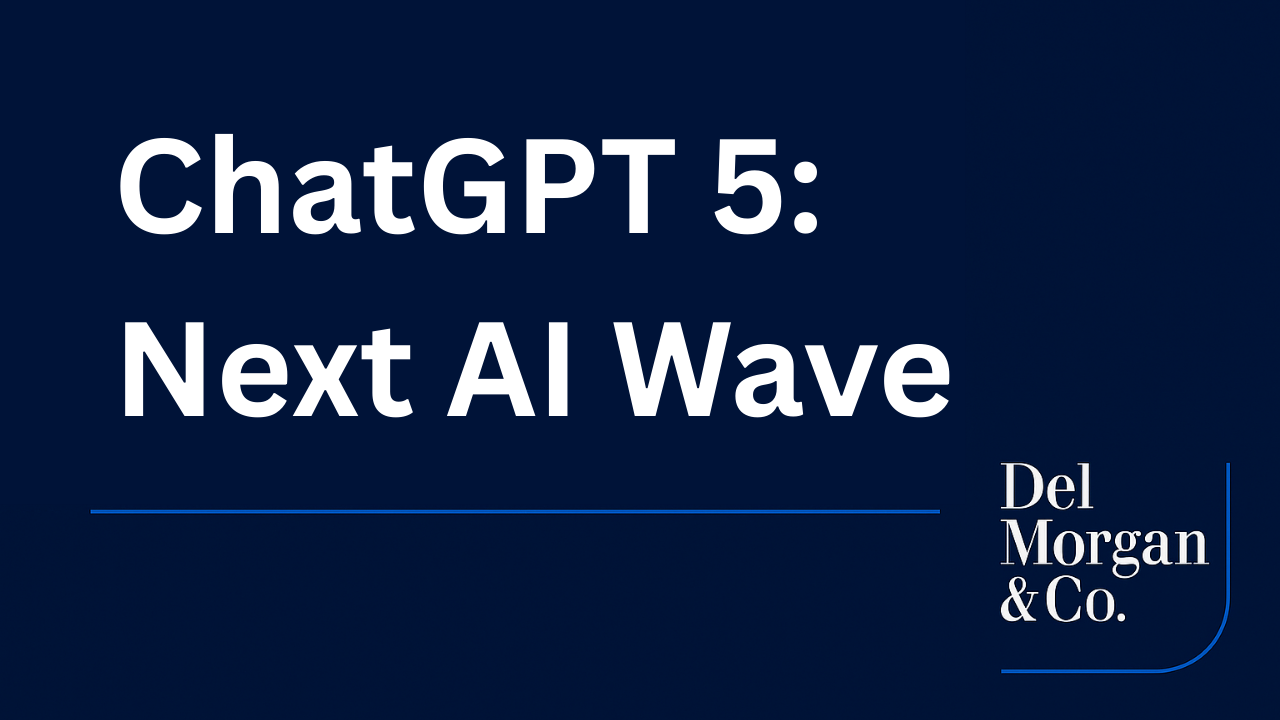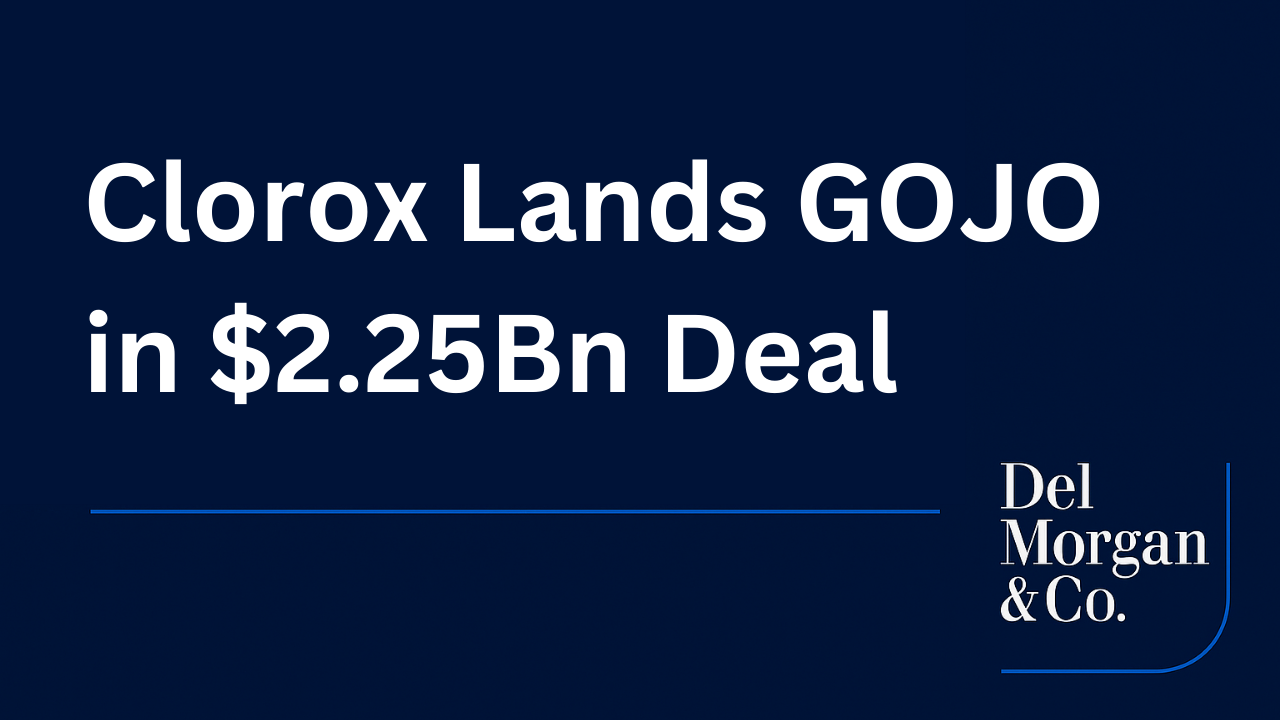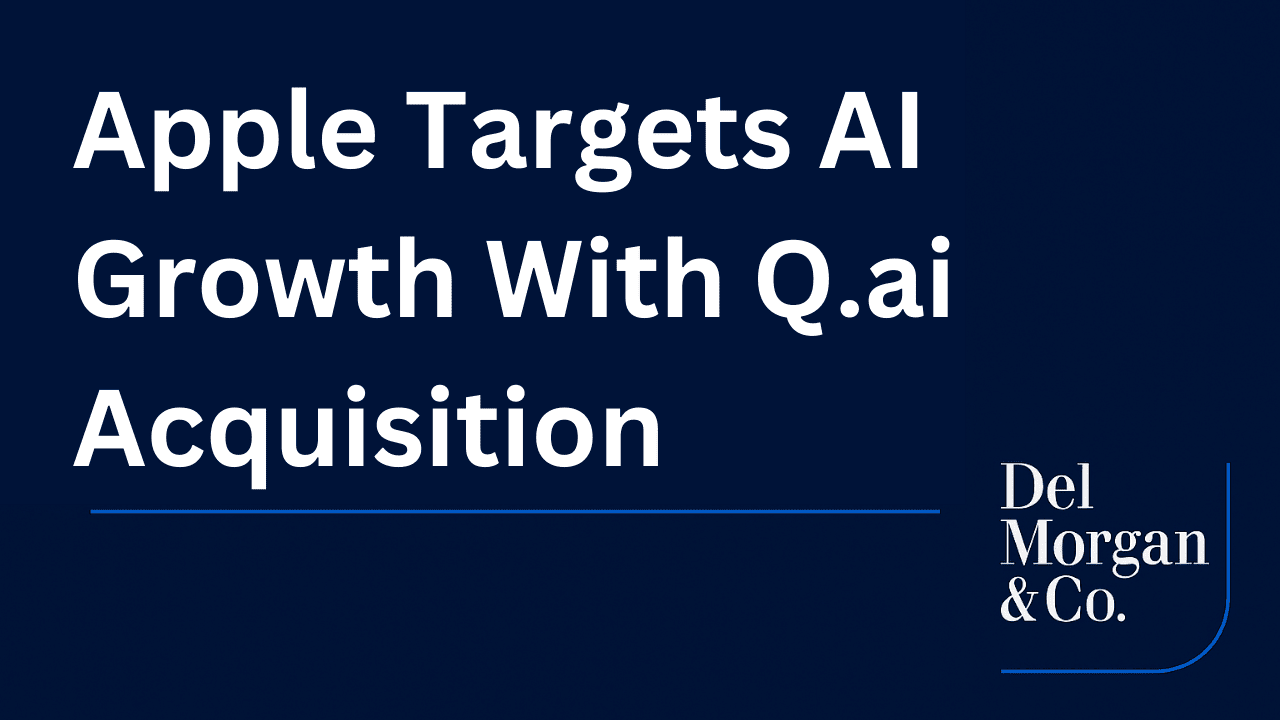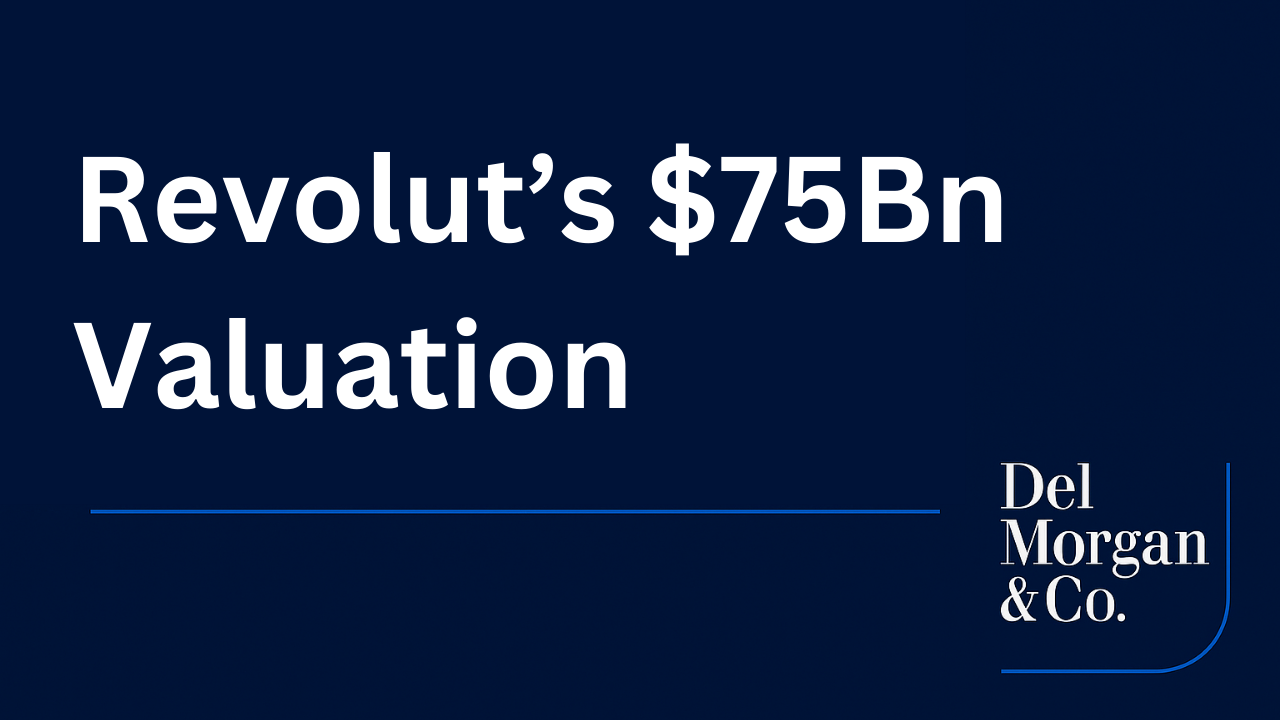Executive Summary
The release of ChatGPT 5.0 marks a pivotal advancement in artificial intelligence capabilities, transitioning from consumer novelty to critical enterprise infrastructure. This iteration has delivered superior multimodal processing, enhanced reasoning and seamless enterprise integration. While public attention has focused on interactive features, the true market impact lies in driving operational efficiencies, reshaping corporate strategies and accelerating M&A activity within the AI ecosystem.
For investors, ChatGPT 5.0 serves as a catalyst for capital allocation into AI-native platforms, vertical solutions and enabling infrastructure. As enterprises prioritize automation and digital augmentation, the competitive landscape favors those who can scale AI profitably, integrate effectively and sustain defensible advantages.

From Hype to Enterprise Adoption
Since its debut in 2022, generative AI has shifted from experimental use to enterprise-grade deployment. Early adopters in marketing, software engineering and research tested productivity gains. With ChatGPT 5.0, capabilities such as real-time data retrieval, advanced context retention and robust system integration establish it as a core productivity driver across industries.
For mid-to-large enterprises, adoption dynamics have evolved. ChatGPT 5.0 handles complex multi-step tasks – such as drafting legal contracts, conducting preliminary due diligence, generating market analyses and producing scalable code – that previously required cross-departmental efforts. Furthermore, enhanced reliability and security controls are enabling broader integration.
This fundamental shift parallels the cloud computing adoption curve, where initial excitement eventually gave way to deep operational embedding. The economic impact is profound, with automation reallocating labor, compressing timelines and reducing marginal costs across functions.
Market Impact and Competitive Landscape
ChatGPT 5.0 has intensified competition in a market defined by rapid innovation and significant capital inflows. Competitors such as Anthropic, Google DeepMind and Mistral have been narrowing capability gaps while emphasizing openness, customization and domain expertise.
OpenAI’s hybrid strategy combines proprietary leadership in general-purpose AI with an API and plug-in ecosystem, enabling partners to tailor solutions for specific industries. This mirrors successful SaaS models, where a core platform supports diverse applications.
Competitive dynamics are also shaping pricing models. As large language models commoditize, differentiation hinges on integration depth, vertical performance and total cost of ownership. ChatGPT 5.0 is accelerating strategic partnerships, with model providers and enterprises co-developing solutions to secure technological and commercial advantages.
Economic and Financial Implications
AI adoption is also reshaping corporate spending priorities. Enterprises deploying ChatGPT 5.0 must balance upfront integration costs against long-term efficiency gains.
High-performance models demand significant computational resources, benefiting hyperscale cloud providers such as Microsoft Azure, AWS and Google Cloud. Demand for AI-optimized hardware, including GPUs and accelerators from NVIDIA and AMD, remains robust, with supply constraints driving pricing power and margins. Industry-specific customization is a growing value driver, creating recurring revenue streams for providers delivering tailored solutions.
Valuations in public and private markets are increasingly reflecting an AI premium. Companies leveraging AI to cut costs or enhance capabilities command higher multiples, particularly in labor-intensive sectors such as legal services, financial advisory and healthcare. For technology vendors, AI-enabled recurring revenues enhance cash flow predictability, aligning with investor preferences.
M&A Outlook
ChatGPT 5.0’s capabilities extend beyond organic growth, fueling M&A activity as strategic and financial buyers seek competitive positioning.
Technology giants such as Microsoft, Salesforce and Oracle are investing in AI-native platforms to bolster offerings and expand markets. Acquiring specialized AI startups accelerates time-to-market for enterprise tools. Similarly, firms in healthcare, legal services and manufacturing are acquiring AI vendors to embed automation into workflows, creating differentiated value propositions.
Private equity firms are pursuing roll-up strategies targeting AI service providers, integration firms and niche developers. High-growth AI startups command premium valuations, prompting focus on platforms with proven adoption and scalable economics. Deal structures are increasingly incorporating earnouts and milestone-based payments tied to performance and retention. Given the scarcity of AI expertise, buyers are prioritizing intellectual property protection and talent retention,.
Risks and Regulatory Environment
Despite pervasive optimism, ChatGPT 5.0 adoption carries risks impacting corporate strategy and investor sentiment. Regulatory scrutiny is intensifying, with governments advancing AI-specific rules on data privacy, bias mitigation and transparency. Compliance may increase operational complexity and legal exposure, particularly in regulated industries. Over-reliance on a single model provider introduces concentration risks, including exposure to pricing shifts or service disruptions. Diversifying across multiple AI providers is emerging as a risk management best practice.
Open-source models are closing performance gaps with proprietary systems, posing competitive risks. Enterprises face a cost-benefit trade-off between premium capabilities and lower-cost customizable alternatives.
Conclusion
ChatGPT 5.0 transcends a mere software update, representing a structural shift in AI’s role as enterprise infrastructure. By enabling complex high-value tasks, it accelerates automation, redirects capital allocation and creates new growth vectors in public and private markets.
For investors, opportunities span beyond model providers to infrastructure enablers, vertical AI platforms and integration specialists. We expect the M&A wave to further consolidate the space. Success will favor those identifying scalable defensible AI-driven businesses early – before the next consolidation wave reshapes the competitive landscape into tomorrow’s market leaders.
About DelMorgan & Co.
With over $300 billion of successful transactions in over 80 countries, DelMorgan‘s Investment Banking professionals have worked on some of the most challenging, most rewarding and highest profile transactions in the U.S. and around the globe. In the upcoming year, we expect more high-quality deal execution for more clients and welcome the opportunity to speak with companies interested in potentially selling their businesses or raising capital.









